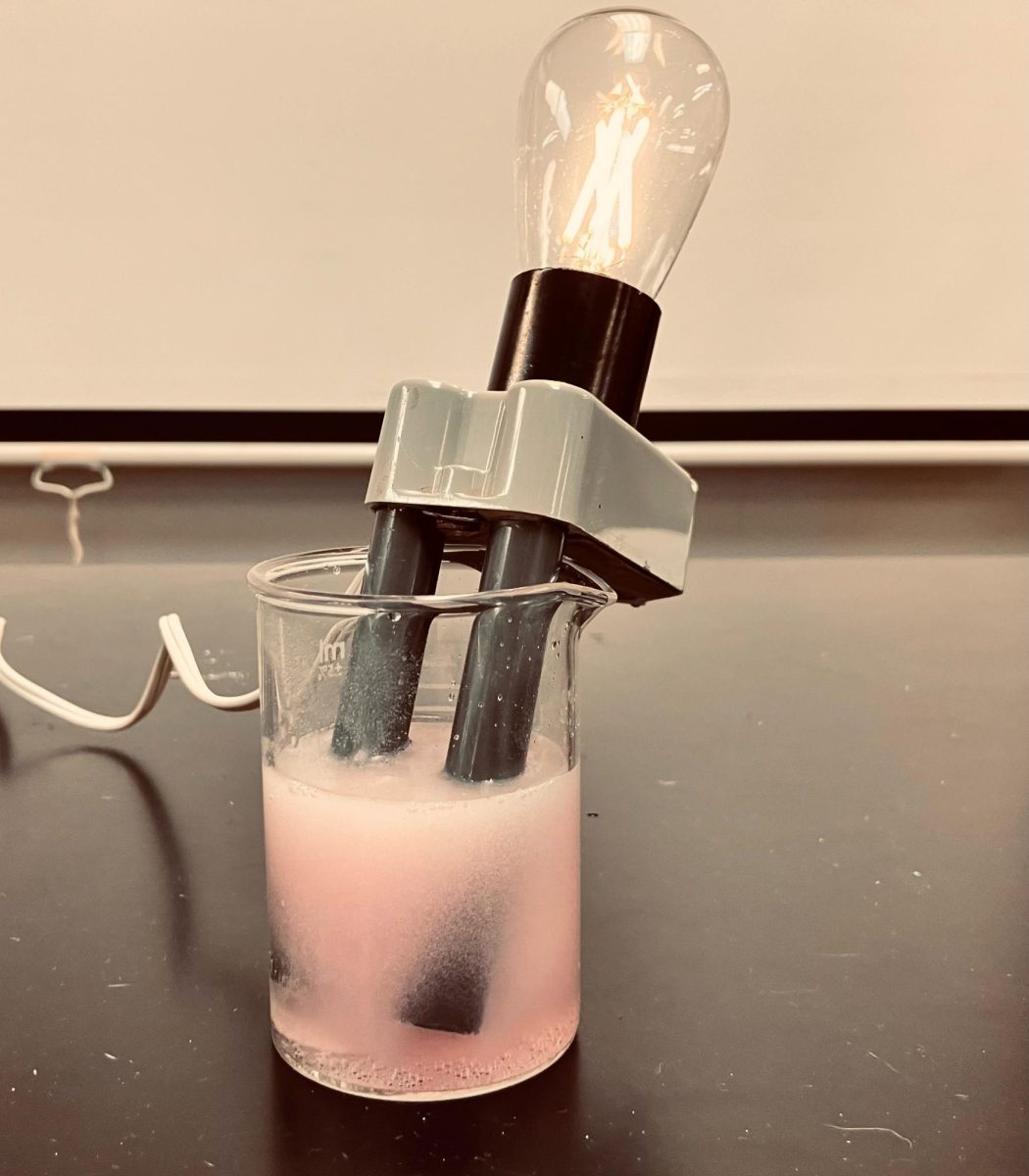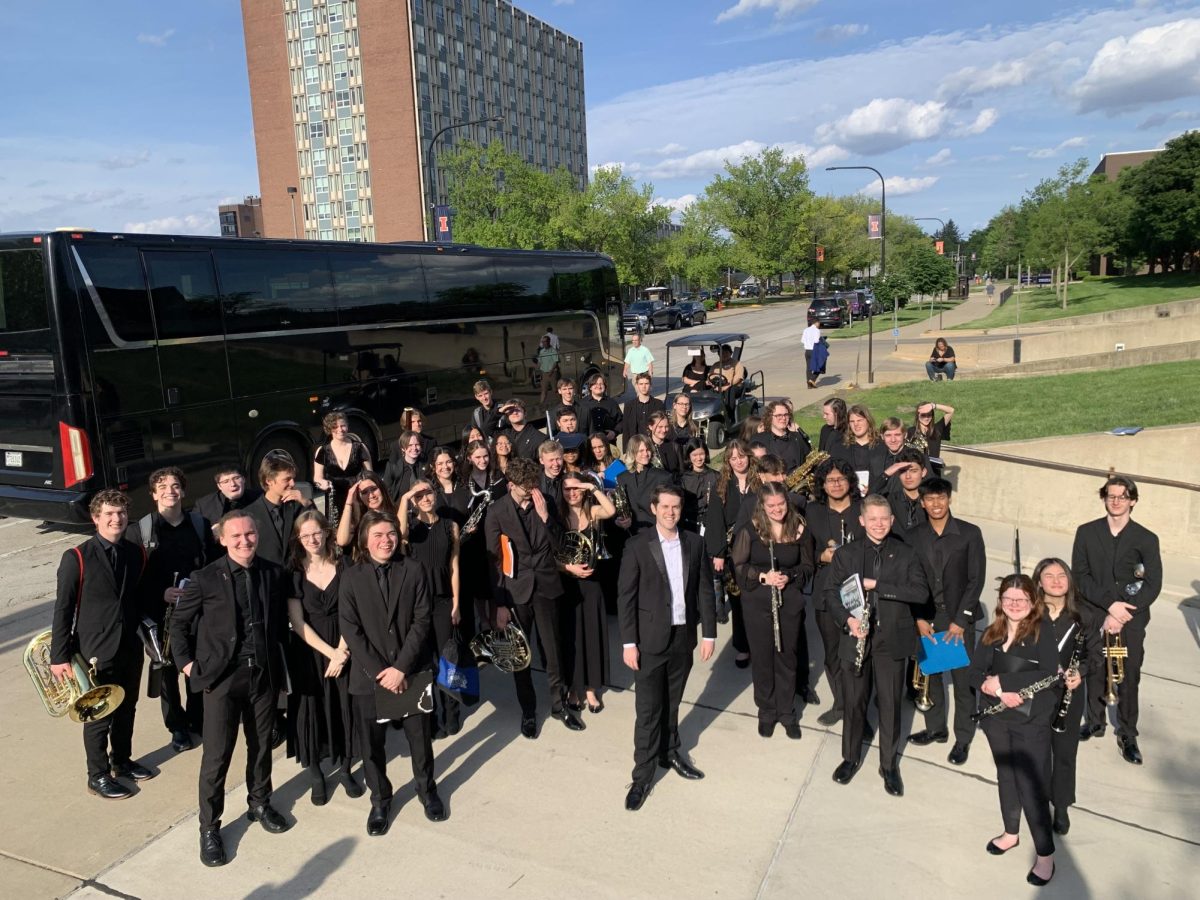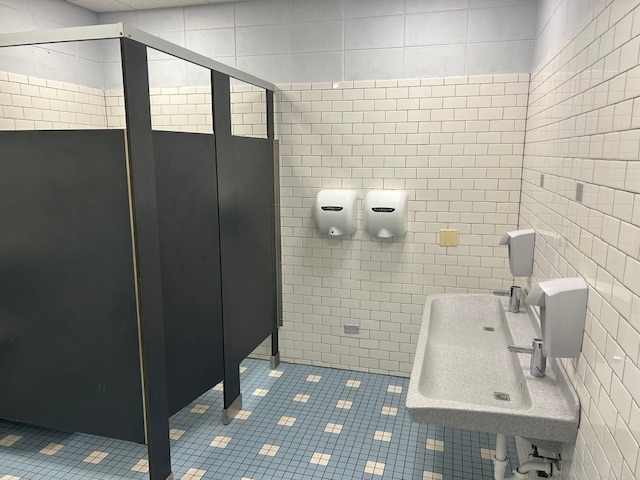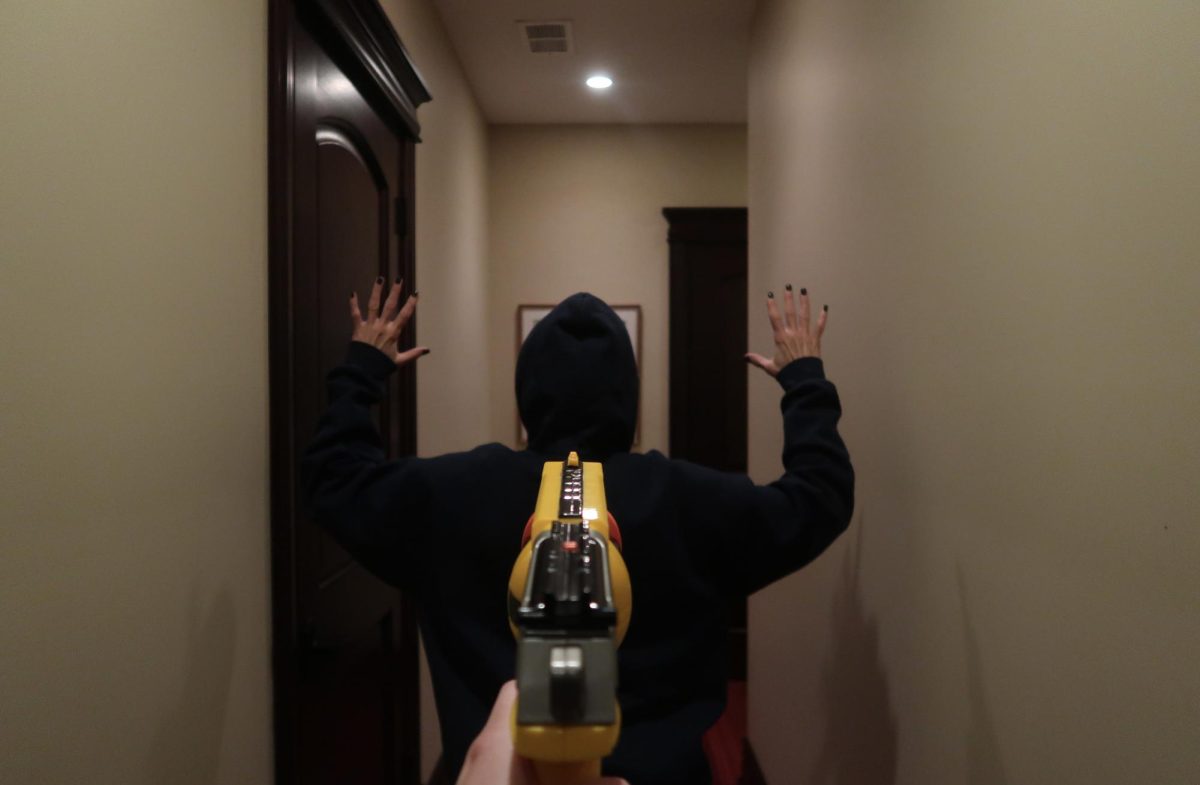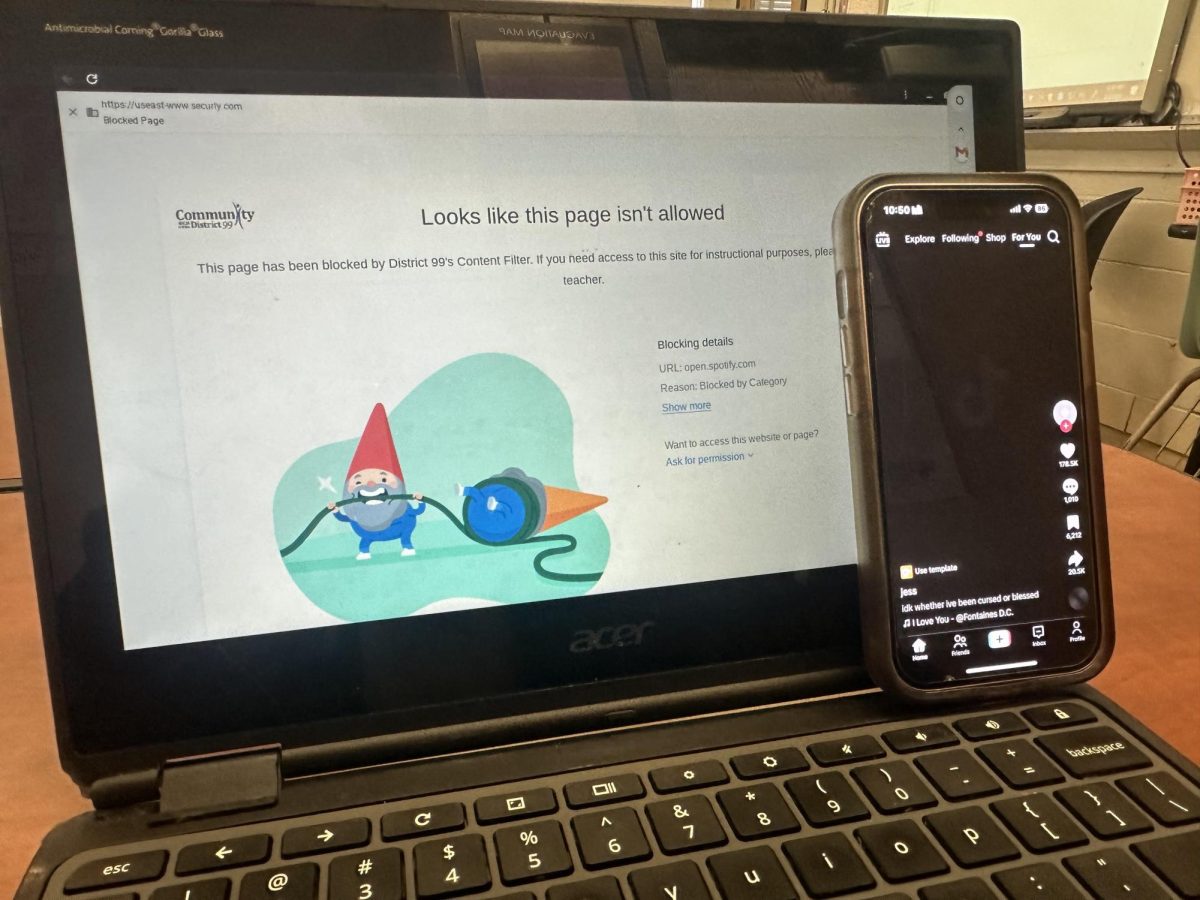This year, the winners of the Nobel Prize in Physiology or Medicine were announced as Professor Katalin Karikó, Ph.D. and Professor Drew Weissman M.D., P.h.D. The award ceremony will be held in Stockholm Concert Hall on Dec. 10, 2023.
Karikó and Weissman were chosen as winners for one of this year’s Nobel Prizes because of their significant contribution to the development of the COVID-19 vaccine; specifically, their research and innovation of the mRNA vaccine that allows cells to create spike proteins and therefore recognize COVID-19 viruses.
Although Karikó’s research has become famous recently, her research started 15 years ago at Pennsylvania State University, where she discovered a revolutionary way to introduce mRNA of virus proteins in human cells so that the immune system learns what the proteins of that specific virus look like.
Karikó is credited alongside her Penn State associate Wisseman for the fundamental discovery in vaccine development that nucleoside modifications suppress the immunogenicity of RNA, which means that by introducing said substance into someone’s cells, those cells will have the ability to create receptors that recognize the virus and can inform other immune cells to subdue that virus.
Karikó and Wisseman’s discovery of nucleoside modifications was critical for developing the COVID-19 vaccine. Because of Karikó’s contributions, the vaccine was developed in under a year.
Despite her accomplishments, Karikó overcame many struggles in her career to reach the success she now has. Karikó grew up in Hungary in an impoverished family, without running water or even a refrigerator. After attending college in Hungary, her research faced political difficulties and censorship, and in the end, she had to leave Hungary.
After graduating from the University of Pennsylvania in the U.S., she faced challenges such as difficulty finding funding and a lack of support from her local scientific community. Despite its significance in hindsight, her Nobel-winning paper on the manipulation of mRNA was rejected in 2005 from two scientific journals and considered not applicable to the general public.
Because of the lack of funding from the scientific community, the University of Pennsylvania gave Karikó a choice whether to be demoted or leave Penn State and ultimately face deportation. Karikó chose demotion and was removed from the tenure track for a professorship, which is the career path that leads to a lifetime appointment as a professor. Unfortunately, around the same time, Karikó fought lung cancer.
“Many scientists, just like me, work for years and years and nobody knew about them. And so, I have to represent all of them,” Karikó said.

